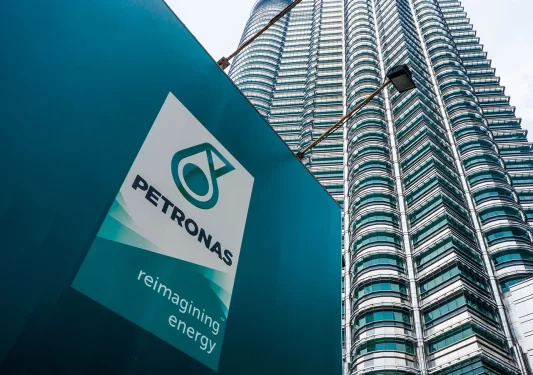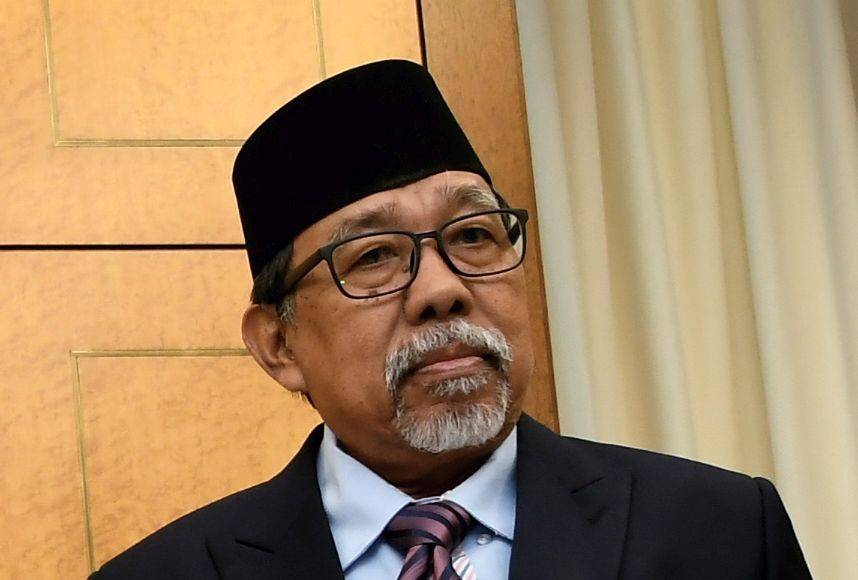THE Human Rights Commission of Malaysia (SUHAKAM) urged the Government to adopt a human rights approach in its effort to eradicate poverty in the country.
In conjunction with the International Day for the Eradication of Poverty today, the agency said poverty eradication programmes must include those who are socially and economically vulnerable such as the daily wage earners, contract workers, single parents, indigenous peoples and persons with disabilities.
“The pandemic crisis, combined with the lack of a comprehensive social protection system, has exacerbated the insecurity and vulnerability of these groups.
“They had no means to protect themselves against interruption or loss of income due to the movement restrictions enforced during the pandemic,” it said, in a statement.
Citing data from the Department of Statistics Malaysia (DOSM), it was reported that the number of poor households increased from 405,400 in 2019 to 639,800, a year later.
SUHAKAM added that the true impact of COVID-19 would be better evidenced by the Household Income and Basic Amenities (HIS/BA) Survey, which would be conducted next year.
However, the human rights body added that the Government could utilise the report made by a United Nations (UN) special rapporteur on extreme poverty and human rights in 2019 as a benchmark to formulate better programmes to eradicate poverty.
“The UN researcher had reported that there are at least 110 different social support programmes spread across more than 20 ministries and agencies in Malaysia.
“Whilst we acknowledge the Government’s efforts to mitigate the impact of COVID-19 and eradicate extreme poverty through the National Recovery Plan and the Twelfth Malaysia Plan (2021-2025), we need a more coordinated strategy to ensure all the plans can be delivered effectively,” it remarked. – Oct 17, 2021.









